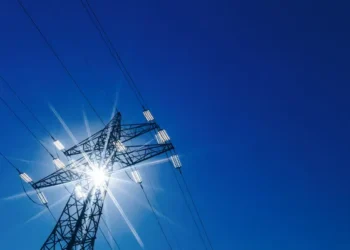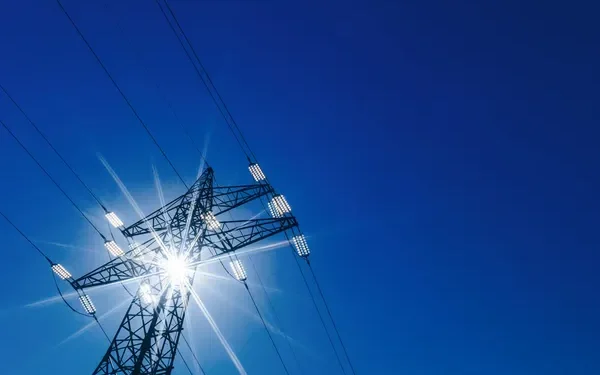The State of African Energy Outlook Report 2025 has painted an optimistic yet cautious picture projections for Africa’s oil production, positioning the continent as a critical player in the global energy landscape.
According to the report, Africa is estimated to contribute approximately 8% to global oil supply (crude oil and condensates) in 2024 and 2025. The continent’s output is expected to grow from the current 6.5 million barrels per day (bpd) to nearly 7 million bpd by the end of 2025, contingent on mitigating key challenges in major oil-producing nations.
“West Africa remains the primary driver of African oil supply, currently producing 3.7 million bpd.
“With sustained production in Angola and an anticipated recovery in Nigeria, the region’s output could increase to between 3.8 and 3.9 million bpd by 2025.”
State of African Energy outlook Report 2025
The report noted that the region’s potential to boost output by 2025 largely hinges on Nigeria’s ability to address rampant pipeline vandalism and oil theft. In recent years, these challenges have significantly undermined Nigeria’s oil production and export revenues.
However, with concerted efforts to curtail these activities and attract foreign investments, Nigeria’s production is poised for a rebound.
“West Africa is then followed by North Africa, which produces another 3 million bpd of oil currently.
“With sustained supply from Algeria- which also is an OPEC member nation and follows the quotas closely, and healthy undisrupted oil supply from Libya, the region is estimated to continue producing at flattish levels.”
State of African Energy outlook Report 2025
However, the report underscored that Libya’s oil production is highly dependent on political stability. Any resurgence of unrest could trigger production shutdowns, as witnessed previously. Ensuring a steady oil flow from Libya is crucial for maintaining North Africa’s current output levels.
South Sudan, heavily reliant on oil export revenues, faces significant challenges due to disruptions in its pipeline infrastructure. Earlier this year, the pipeline to Sudan, critical for crude exports, was damaged, halting oil flow.
Although efforts were made to restart the pipeline in May 2024, exports have yet to resume. This prolonged disruption has severely impacted South Sudan’s economy and overall production capacity.
Sudan’s political instability further exacerbates the situation, indirectly affecting South Sudan’s ability to capitalize on its oil reserves. The report emphasized the importance of restoring pipeline functionality and creating a stable environment to revitalize production in the region.
Onshore vs. Offshore: Contrasting Dynamics

The report highlighted distinct dynamics between onshore and offshore oil production in Africa. Onshore operations account for 55% of the continent’s total supply, while offshore production contributes the remaining 45%.
“Among the regions, West Africa’s supply is dominated by the offshore segment, contributing almost 75% of West African oil supply.
“This is totally opposite in North Africa, where onshore contributes to more than 90% of the oil supply.”
State of African Energy outlook Report 2025
Onshore operations, however, face unique challenges, particularly in politically unstable regions such as Libya, Nigeria, and Sudan. Supply disruptions due to conflicts and vandalism are more prevalent in onshore fields, creating a pressing need for stability to unlock Africa’s full production potential.
According to the report, “Offshore oil production in Africa is expected to remain steady at around 3 million bpd through 2025.” Key players like Angola and Nigeria are channeling investments to address the natural decline in their mature fields.
This steady supply from offshore fields is crucial for maintaining Africa’s overall production levels, particularly as onshore operations face disruptions.
The report noted that these investments are vital not only for sustaining current output but also for enhancing technological capabilities and attracting foreign investors to the region.
The gradual increase in Africa’s oil production has far-reaching implications for the continent’s economic growth and global energy positioning. Oil export revenues are critical for many African nations, funding essential infrastructure and social programs.
However, the State of African Energy Outlook Report 2025 warns that the continent must address underlying challenges, including political instability, infrastructure deficits, and security concerns, to fully realize its potential.
READ ALSO: Angela Merkel Reflects on Brexit























